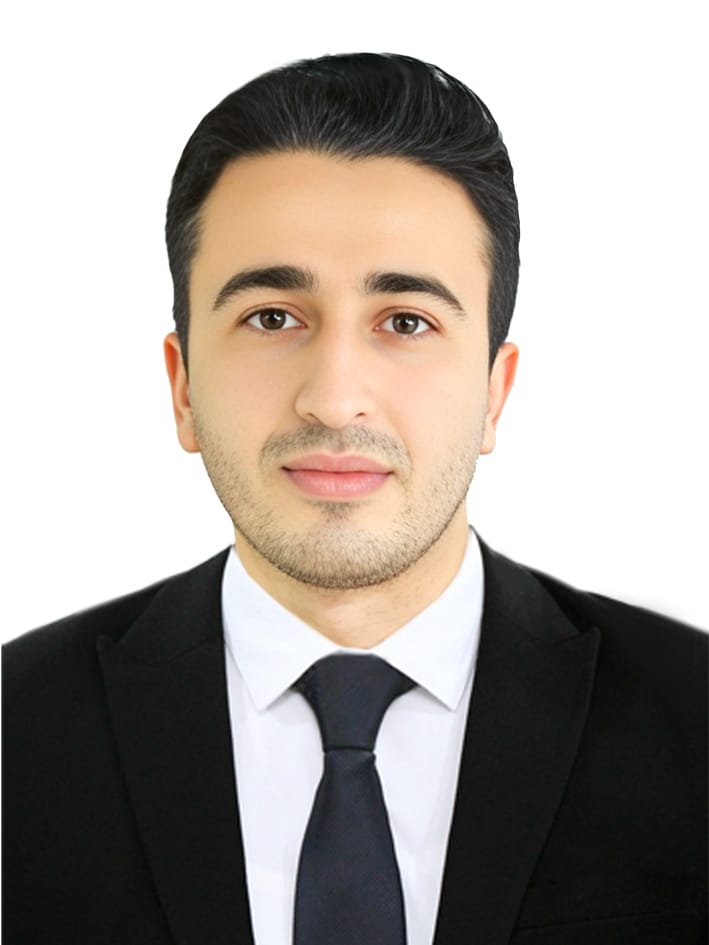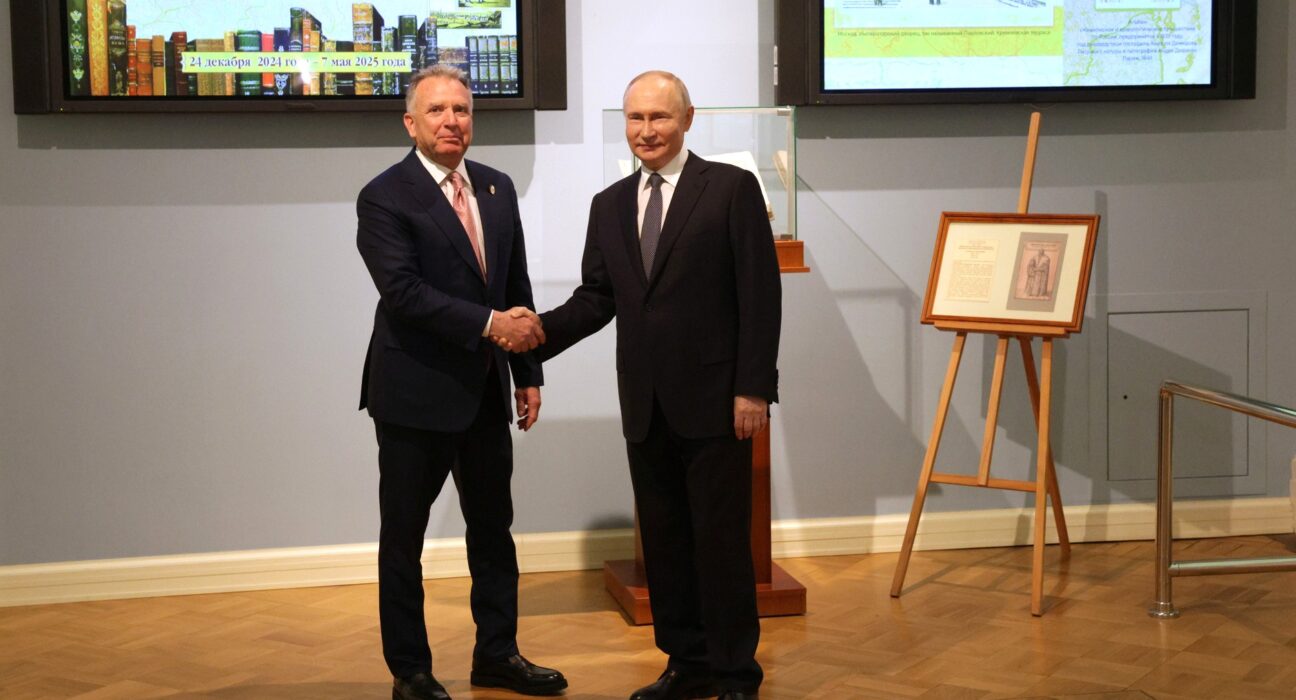by Rustam Taghizade

As geopolitical tensions escalate over the war in Ukraine, a surprising name has emerged in the heart of US-Russia diplomacy: Steve Witkoff. Known more for his real estate ventures than foreign policy expertise, Witkoff is now headed to Moscow as a special envoy of former President Donald Trump. The goal? A last-ditch diplomatic attempt to convince the Kremlin to enter a ceasefire agreement before Trump’s self-imposed deadline of August 8.
The mission may seem unconventional, but it is anything but trivial. Witkoff’s visit reflects both the urgency of stopping a drawn-out war and the unorthodox style of Trump-era diplomacy—high on personal initiative, low on institutional precedent.
Trump’s Deadline Diplomacy
Trump’s ultimatum, issued in July, gave Russia until August 8 to signal willingness to negotiate, or face secondary sanctions targeting its oil exports and trading partners. This hardline approach, steeped in transactional logic, attempts to isolate Russia economically by threatening countries like China and India with penalties should they continue importing Russian crude.
Unlike previous US efforts to isolate Moscow through coordinated multilateral pressure, Trump’s method relies on aggressive timelines and binary choices. While he claims this will “end the war in 24 hours” if re-elected, the Witkoff mission is an early test of whether such maximalist tactics can yield tangible results.
It also serves Trump’s electoral ambitions. Framing himself as the only leader who can stop the war, Trump wants to display strength and initiative ahead of November. A breakthrough—even symbolic—could enhance his image as a bold dealmaker. A failure, however, could reinforce the perception that his foreign policy lacks depth and institutional support.
Who Is Steve Witkoff?
Witkoff is not a career diplomat, nor a military strategist. A real estate developer by profession, he has had only limited involvement in informal diplomatic backchannels, including prisoner swap arrangements in the Middle East. His appointment as Trump’s envoy is a stark departure from traditional diplomatic practice.
But that is precisely the point. Trump’s approach rejects conventional frameworks in favor of direct, personality-driven interventions. By sending a non-establishment figure to Moscow, he signals that this is not about bureaucratic process, but about leverage, pressure, and deal-making.
Still, critics argue that Ukraine is not the kind of conflict that can be resolved with real estate-style negotiations. Unlike a commercial dispute, the war involves entrenched national interests, alliances, and ideologies. It is unclear whether Witkoff has either the knowledge or the political credibility to influence the Kremlin.
What Does the Kremlin Want?
The Kremlin’s stance on negotiations remains ambiguous. Spokesman Dmitry Peskov did not deny the possibility of a Moscow visit by Witkoff but insisted that talks must be conducted “on Russia’s terms.” That likely means recognition of Russia’s annexed territories in Ukraine and guarantees that Kyiv will never join NATO.
These are nonstarters for Washington and Kyiv alike. Yet, the fact that Moscow is even entertaining dialogue suggests the impact of cumulative pressure. The Russian economy remains resilient but strained. Western sanctions, combined with battlefield attrition and diplomatic isolation, have cost the Kremlin both resources and time.
Still, President Putin has shown no signs of softening. Instead, Moscow continues to escalate rhetoric, with former President Dmitry Medvedev openly invoking the threat of nuclear weapons. Trump, in turn, has responded with gestures like deploying nuclear submarines to European waters. This mutual brinkmanship raises the stakes of Witkoff’s visit even further.
Ukraine’s View: A Stake Without a Seat?
Ukrainian officials have expressed cautious support for the American diplomatic initiative, provided it does not bypass or undermine Ukraine’s sovereignty. Presidential adviser Mykhailo Podolyak has emphasized that Kyiv must be directly involved in any negotiations and that no agreement should be made over Ukraine’s head.
Therein lies a fundamental dilemma. If Witkoff’s mission is perceived as a bilateral deal between Washington and Moscow, Ukraine may view it as a betrayal. Yet, if the visit succeeds in opening channels for a broader ceasefire framework, it could pave the way for more formal negotiations with Kyiv at the center.
Meanwhile, the war continues unabated. Ukrainian forces remain locked in grueling battles across the eastern front, while Russia increases drone and missile attacks on civilian targets. Recent reports of planned attacks in Dnipro and explosions in Crimea underscore how far both sides remain from any durable ceasefire.
Global Implications: All Eyes on Moscow
Beyond Ukraine, Witkoff’s Moscow trip has implications for the broader global order. Should Trump’s envoy achieve even a modest breakthrough, it may validate his unorthodox approach to diplomacy and embolden other populist leaders to favor direct, transactional tactics over institutional engagement.
Alternatively, if the visit yields no result and is followed by more aggressive sanctions, countries like China, India, and Turkey may be forced to recalibrate their positions. They will have to decide whether access to Russian energy is worth the risk of alienating Washington.
NATO and the European Union are also watching closely. A successful US-Russia track that excludes European voices could weaken transatlantic cohesion. Conversely, a failed mission may reinforce Europe’s argument that Ukraine’s future lies in collective defense and long-term containment of Russian aggression.
Conclusion: Diplomacy on a Knife’s Edge
Witkoff’s visit is not just about one man or one meeting. It is a high-risk diplomatic maneuver with consequences that could ripple across capitals from Kyiv to Beijing. If successful, it might slow the bloodshed and open space for diplomacy. If it fails, it may hasten a new cycle of escalation—with the war entering an even more dangerous phase.
Trump’s bet is simple: that pressure and personal initiative can deliver what multilateralism could not. Whether that bet pays off will depend not only on Witkoff’s performance in Moscow, but on how far Russia—and the rest of the world—are willing to bend under pressure.
For now, the world waits. Not for a signature on paper, but for a sign: that diplomacy, even at its most improvised, can still matter.

